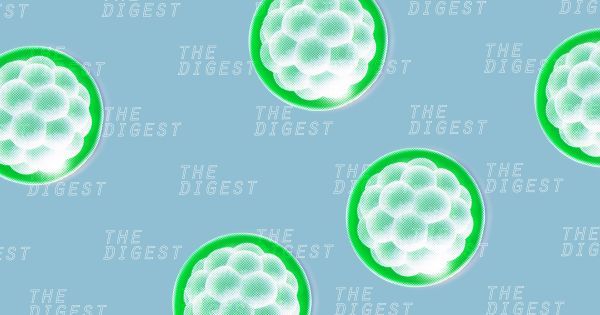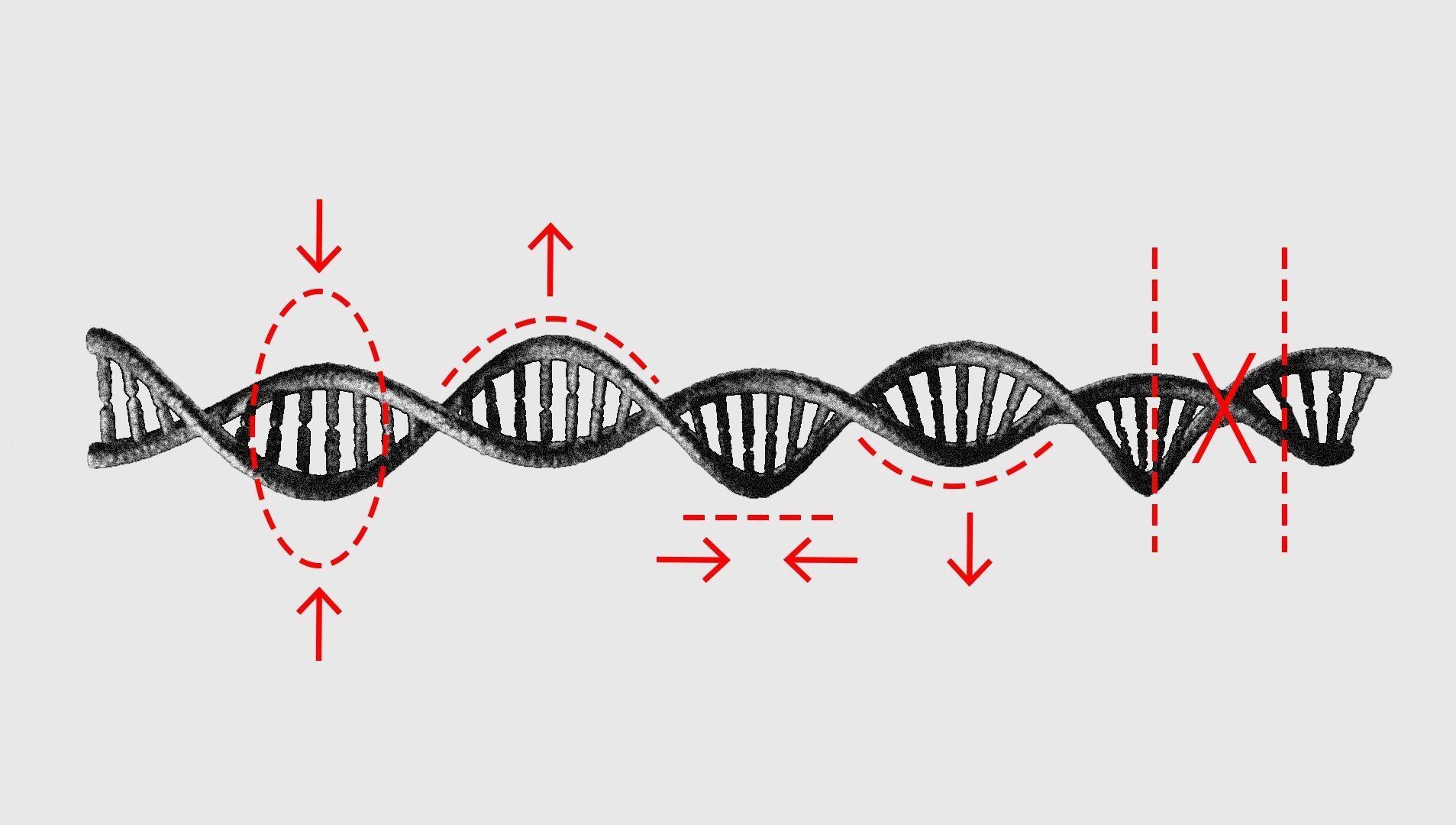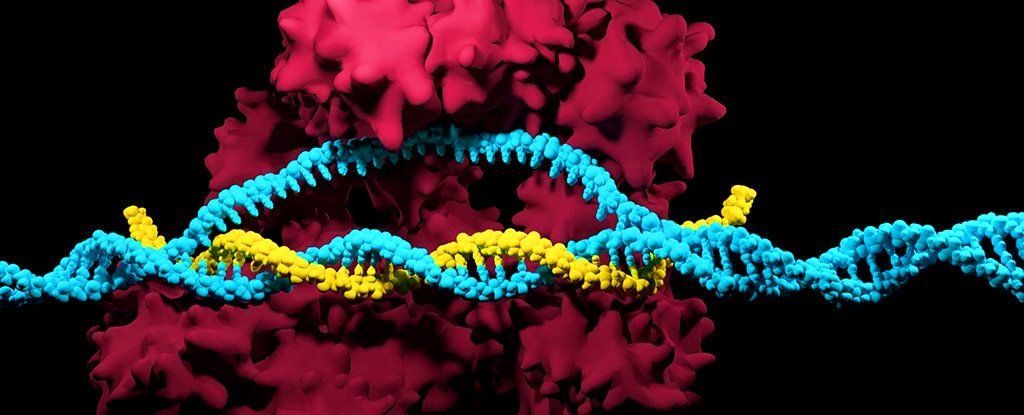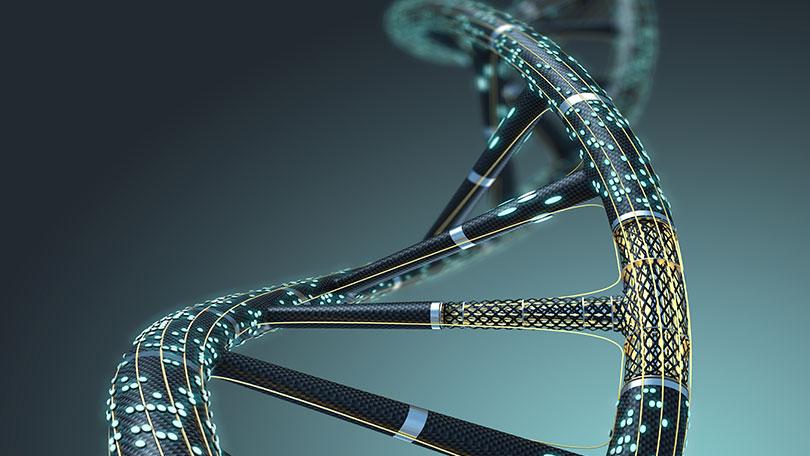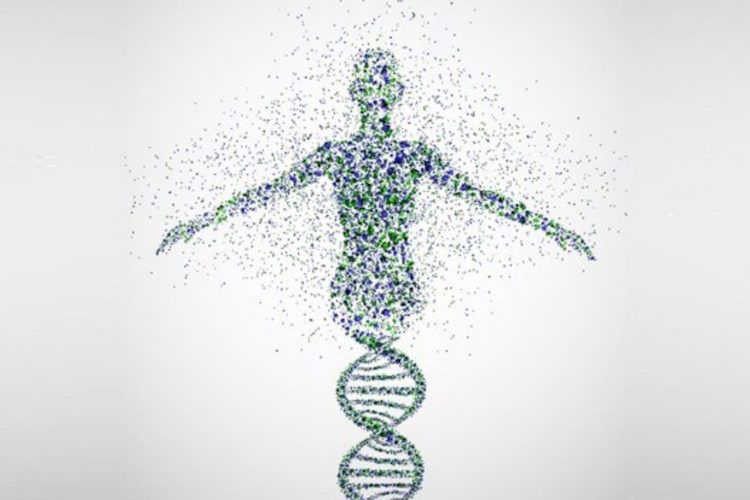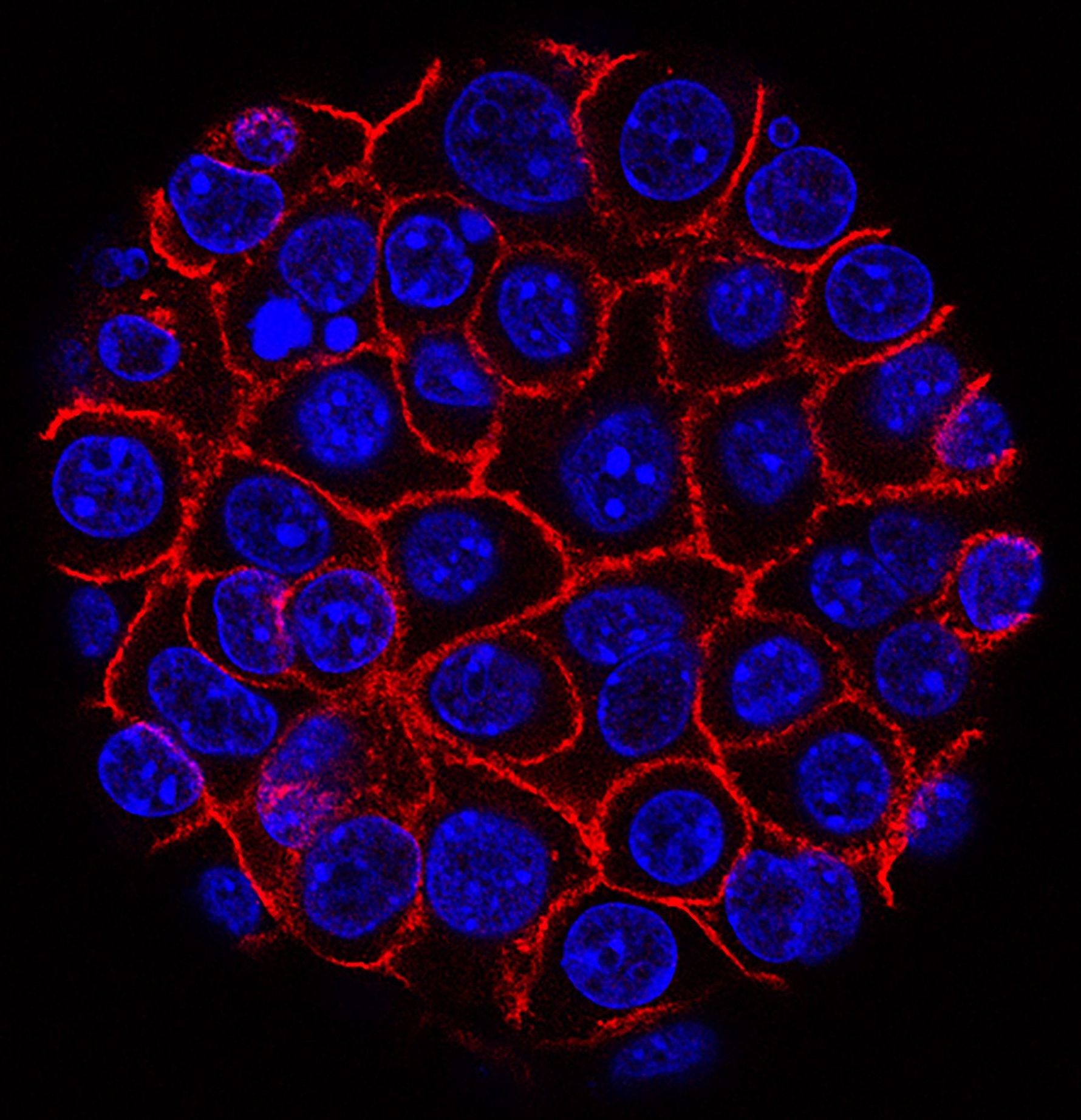
Canadian researchers have discovered a new and direct molecular mechanism to stop cancer cells from proliferating. In the prestigious journal Nature Cell Biology, scientists from Université de Montréal show that a disruption of a fine balance in the composition of ribosomes (huge molecules that translate the genetic code into proteins) results in a shutdown of cancer cell proliferation, triggering a process called senescence.
“Ribosomes are complex machines composed of both RNAs and proteins that make all the proteins necessary for cells to grow,” said UdeM biochemistry professor Gerardo Ferbeyre, the study’s senior author. Cancer cells grow and proliferate relentlessly and thus require a massive amount of ribosomes, he explained. Growing cells must coordinate the production of both ribosomal RNAs and ribosomal proteins in order to assemble them together in strict proportion to each other.
“We were surprised, however, to find that if the production of ribosomal RNA–protein proportions are driven out of balance in a cancer cell, proliferation can be shut down by in a very simple and direct manner,” said Ferbeyre.
Continue reading “Scientists discover a new mechanism that prevents the proliferation of cancer cells” »
